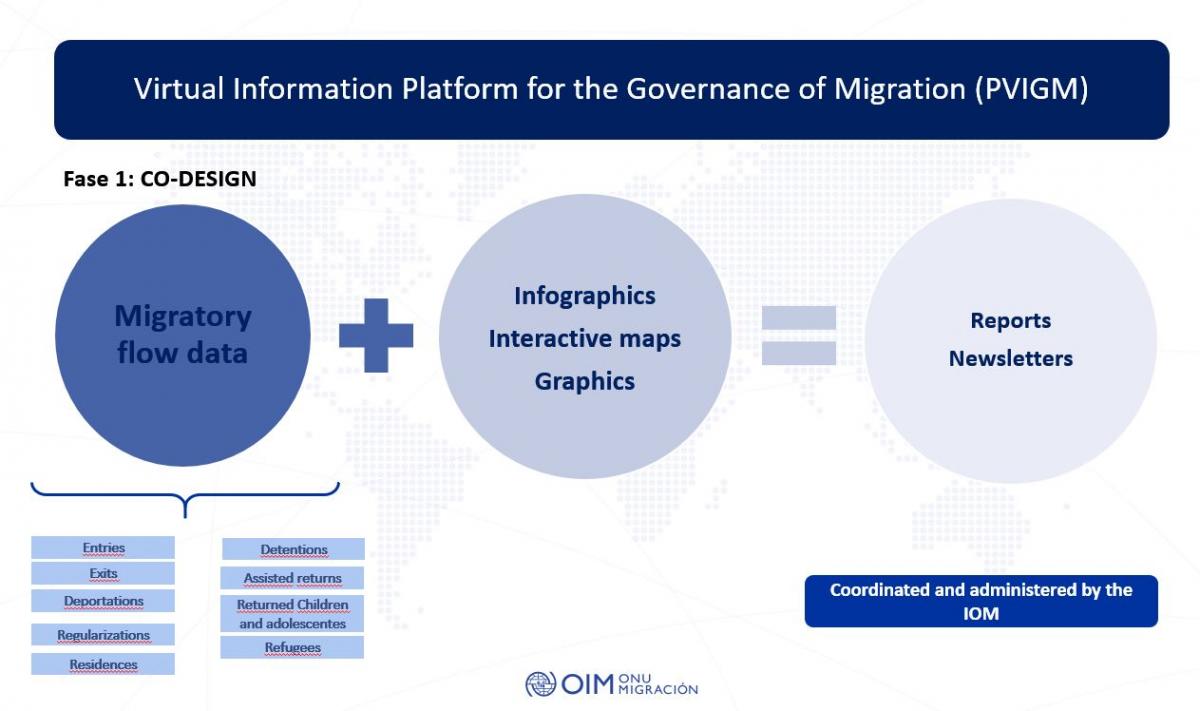-
Who we are
WHO WE AREThe Regional Platform for Migration Information provides a space to share information and strengthen the capacities of migratory data collection and analysis for the elaboration of projects and policies based on evidence.
IOM Global
IOM Global
- Our Work
- Data and Resources
- 2030 Agenda
In order to study migration as an aspect of the integration processes, an increasing level of coordination and consensus is needed between the countries concerned. This means that the availability of information on migration movements, the knowledge and analysis of trends and the forecast of future behaviour is a challenge that is shared by the countries of the region, irrespective of the differences in progress achieved by each country individually.
Policies for stopping or regulating migration currents could hardly be imagined to be effective if they are not based on a knowledge of who the migrants are, the situation awaiting them, and the demographic, spatial, economic and socio-political consequences of their migration for the countries of origin and destination.
- What are evidence-based policies on migration?
-
“Evidence-based policies on migration and development derive from the collection and reporting of accurate, up-to-date, and relevant data on international migration, and the contributions of migrants and migration to the global labor force and to origin and destination countries’ sustainable, inclusive, and equitable development. Moreover, the regular collection of quality data on the magnitude of and reasons leading to labor migration are essential for developing appropriate policy responses to understand the impacts of labor migration on sending and receiving countries.”
Global Migration Group (GMG)
Handbook for Improving the Production and Use of Migration Data for Development (2017)
Not only information from the country itself is required, but also data at the regional and subregional level, both on movements that have taken place between the countries of the region and on movements out of the region.
The information has to be readily available in a timely and continuous manner. In addition, users should be able to easily access the information through different ways.
All of these aspects have been considered in formulating the objectives, strategy and proposed actions to implement this project.
